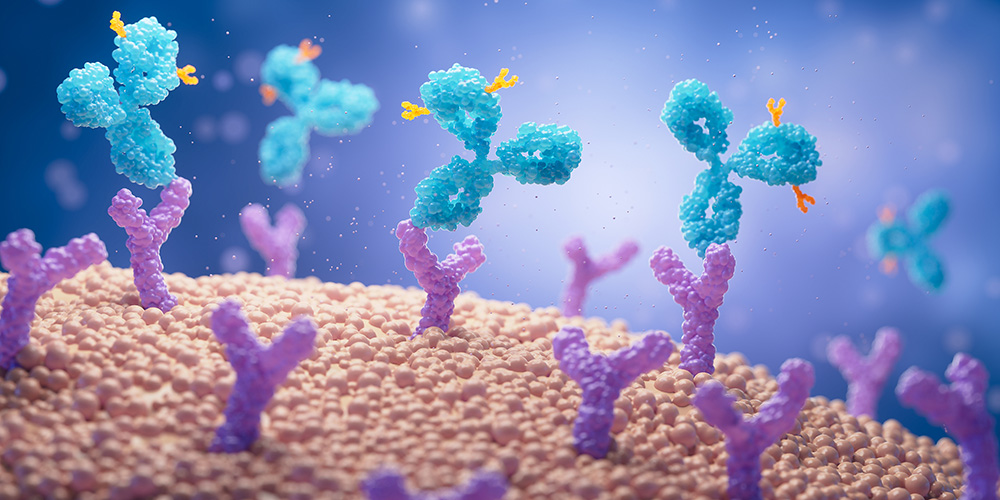Environmental phenomena and their consequences can disrupt social structures and destabilize political systems. An interdisciplinary research team demonstrated this using the example of the late Tang dynasty in medieval China.
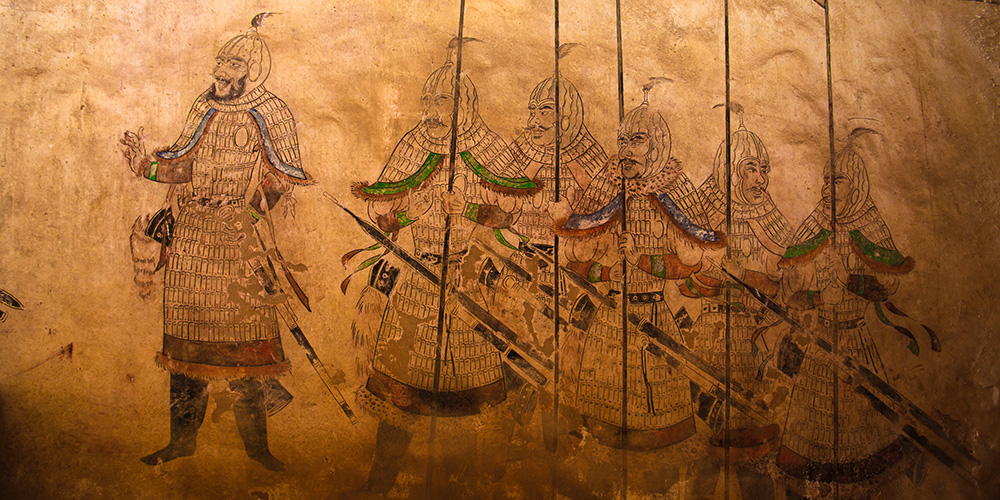
Autoimmune diseases such as multiple sclerosis arise when the immune system turns against the body itself. Yet for most of them, it remains unclear why this process begins. Researchers have now identified how the Epstein-Barr virus can, under specific conditions, initiate early multiple sclerosis-like damage in the brain. This offers a new perspective on how rare immune events may shape disease risk.
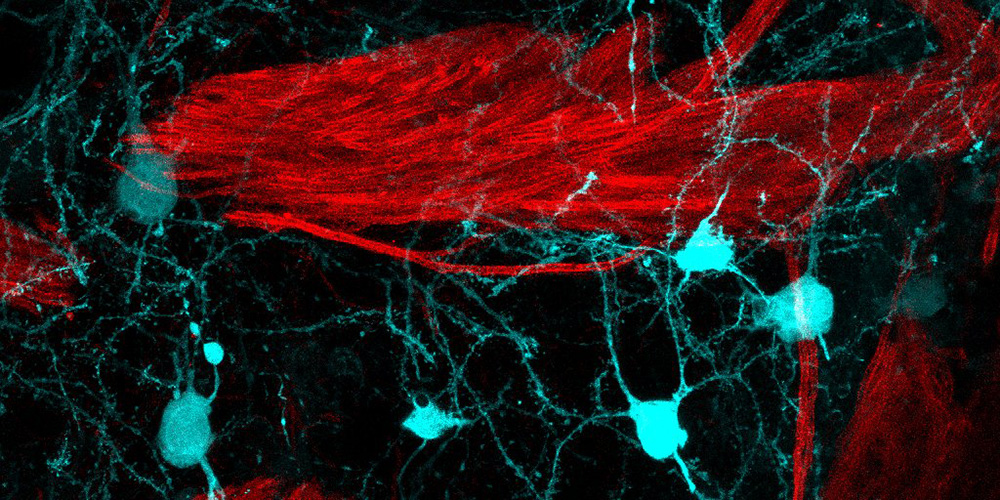
Short exercise sessions can help children build social relationships. This has been demonstrated by researchers from the Department of Sport, Exercise and Health at the University of Basel. An “active” short break could be a fun way to integrate these findings into everyday school life.
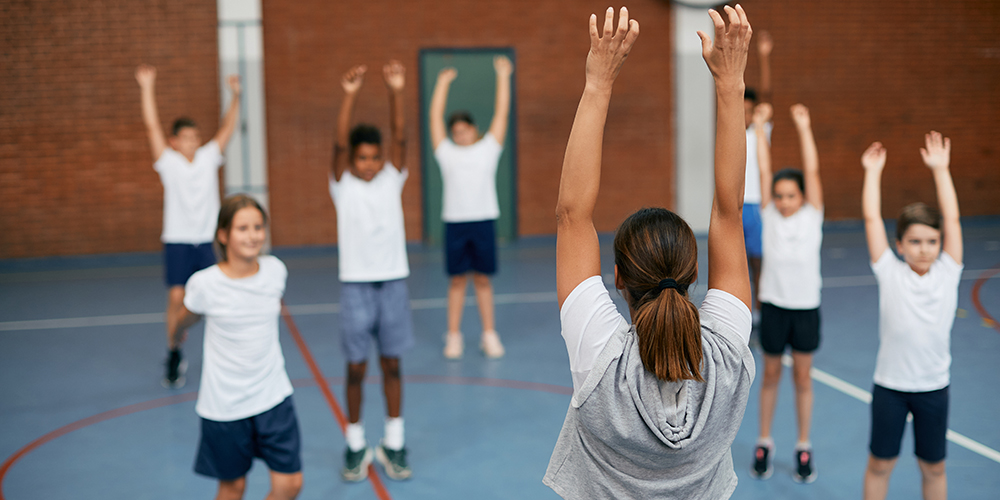
Drugs that act against bacteria are mainly assessed based on how well they inhibit bacterial growth under laboratory conditions. A critical factor, however, is whether the active substances actually kill the pathogens in the body. Researchers at the University of Basel have presented a new method for measuring how effectively antibiotics kill bacteria.
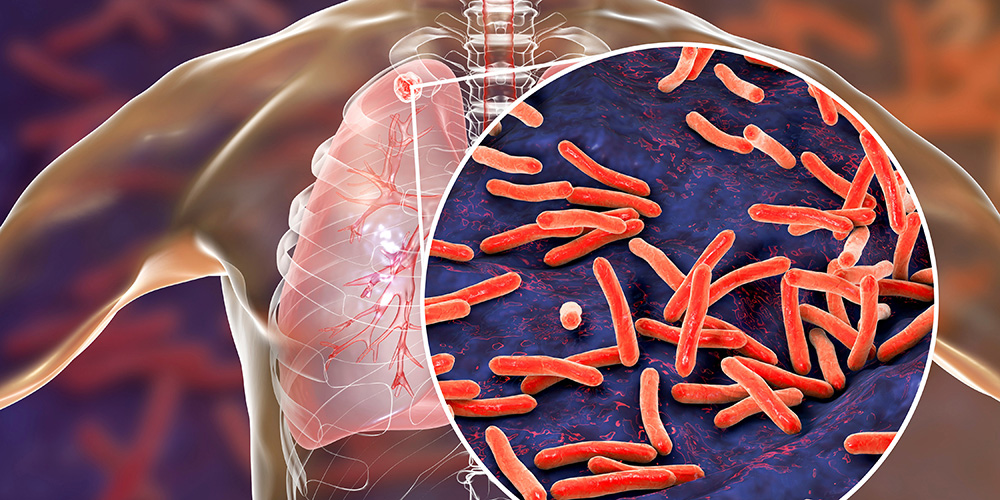
Researchers at the University of Basel have developed a tool that measures when people engage in dialog across political divides. The results show that personal factors play a greater role in people’s willingness to engage in dialog than the controversial nature of a topic.
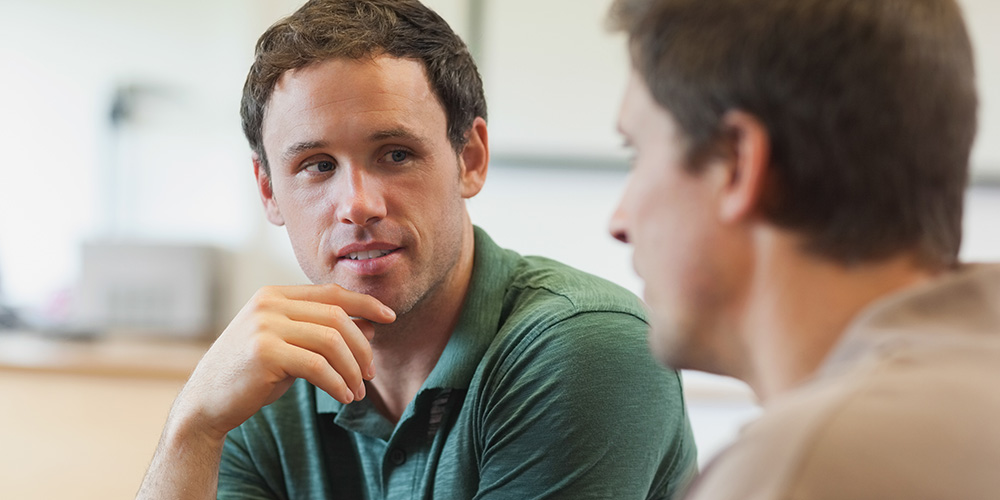
Ovarian cancer often forms secondary tumors, especially in a certain tissue in the abdominal cavity known as the omentum. Researchers from the University of Basel and University Hospital Basel have investigated what happens when the cancer “hijacks” this organ. It is hoped their findings will lead to more successful treatments.
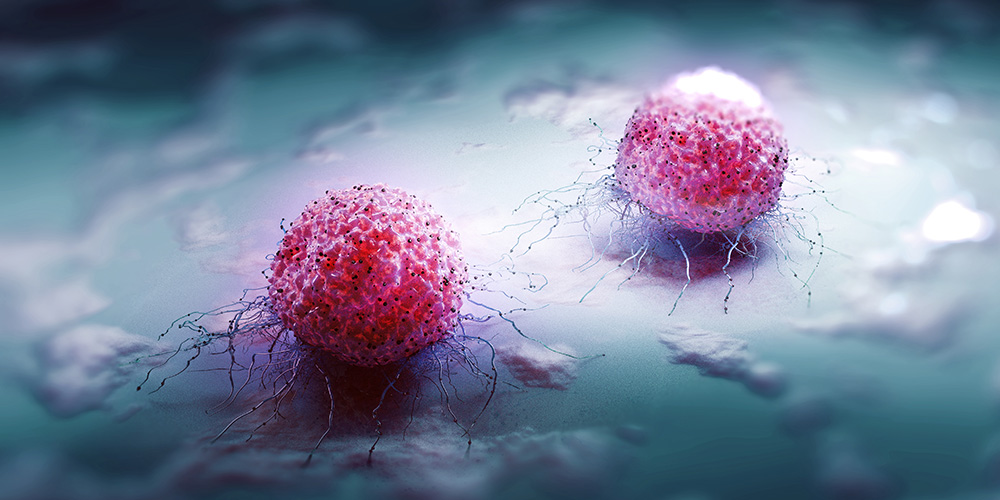
Prof. Dr. Ana Zora Maspoli has been appointed the new professor of Provincial Roman Archaeology at the Faculty of Humanities and Social Sciences. The Presidents's Board has named her the holder of the Vindonissa Professorship, significantly funded by the Canton of Aargau.
As Christmas nears, grocery stores and delicatessens everywhere fill with boxes packed with panettone. There’s a version for everyone, from mass-produced products to genuine artisanal creations. A truly delicious panettone requires time and skill – but the result is a scientific treat.
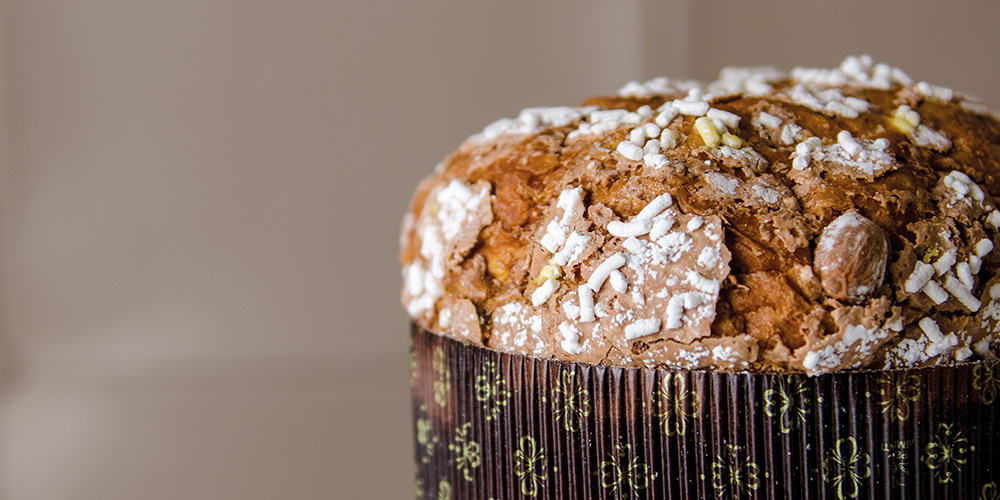
The genome differs from person to person in thousands of positions. In some cases, this means that proteins have a different building block in certain regions, rendering some antibody-based therapies ineffective, report researchers from the University of Basel.
